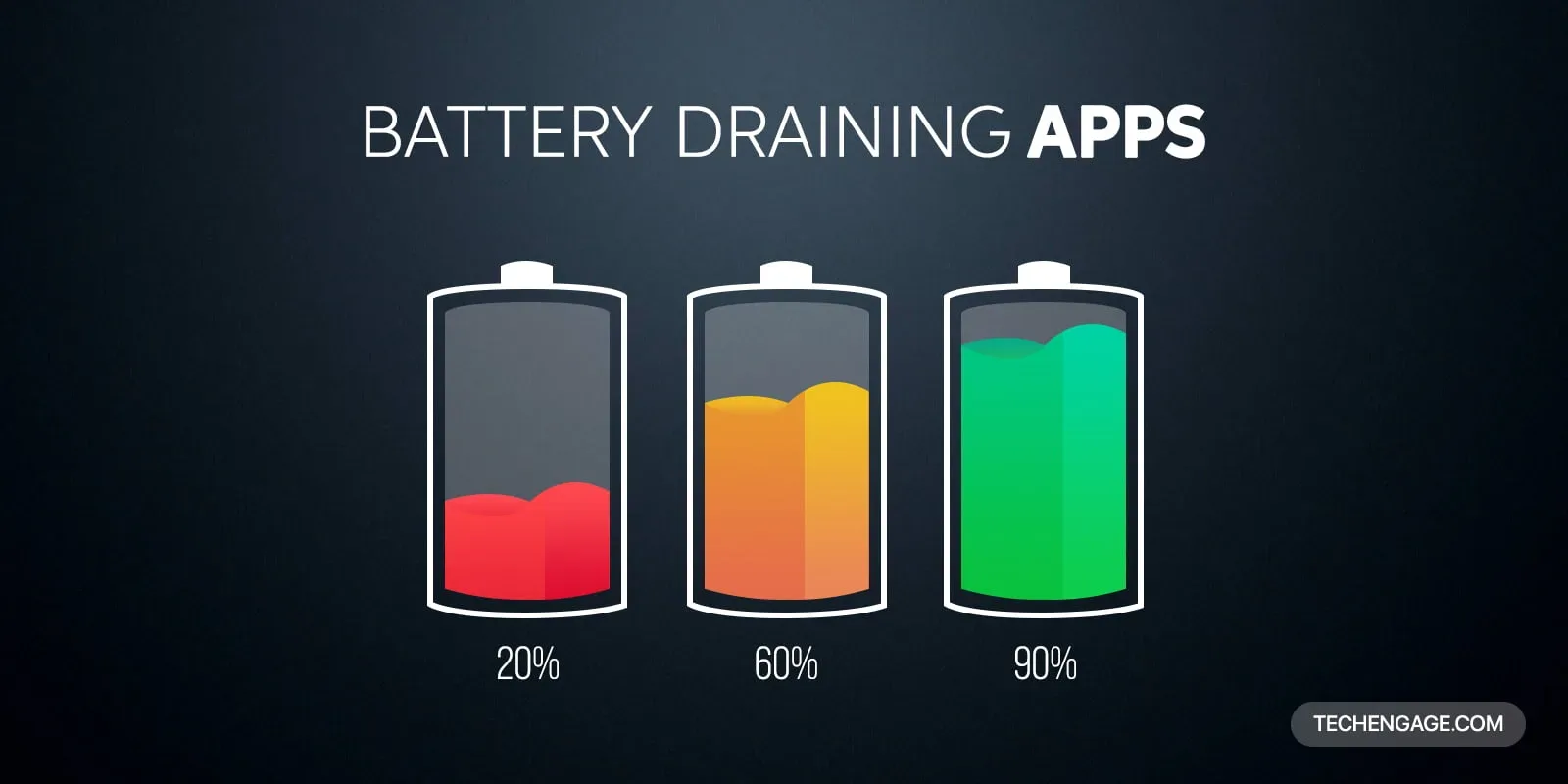A new research by Oxford students has delved into the possibility of using AI software to help control religiously violent situations.
With much of the current political scenario being trudged around as subservient to religious offenses and xenophobia, it is impervious to understand and devise the most appropriate plan to follow in violent situations resulting from religious discontent. And these researchers are looking for an answer.
A majority of the most heated conflicts around the globe get their fuel from religiously fueled hate. Knowing this fact, an Oxford team of researchers decided to use the most advanced technology to try and create a safer atmosphere within incidents of religious conflicts.
The aforementioned research, published in the Journal for Artificial Societies and Social Stimulation, explores the idea of using algorithms in artificial intelligence to imitate human societies. The plethora of beliefs, nationalities, ethnicities, and ideologies normally present in human society were drafted in the algorithms of the AI software used. The results that came to light after a simulation had very definite results.
It was concluded that humans, by nature, are a peaceful species. Even in chaos as in the presence of national disasters the simulations representing humans tended to come together in peace. The software, with all its diverse identities, tended to be more inclined towards nonviolence.
However, the greatest tendency to condone, support or even participate in violence was seen when the simulated humans were overwhelmed by a group of people with a conflicting religious belief. Whenever the core beliefs of a group of simulated humans were challenged they mostly opted for violence.
As of current knowledge, Norway and Slovakia are using the system in a trial mode to be better equipped. This is being done as a precautionary measure expecting Muslim immigration to Christian majority areas in these countries. The researchers have already claimed that this project could help governments devise responses to tragedies of religious violence like the London terror attacks.
Professor Noel Sharky claims:
“This could be an extremely useful research project when it reaches maturity as a thought tool for analyzing factors involved in religious conflict.”
The research was based around the Northern Ireland Troubles to create conditions when, as per the researchers, “xenophobic social anxiety” led to physical violence. This historical conflict was based on religious, social and cultural reasons. It went on for thirty years and took 35000 lives.
The software also used images from the Hindu-Muslim riots of 2002 which killed 2000 people in three days. According to scientists, religious violence is not our default behavior. Even in the situations described above, tension translates into violence in only 20% scenarios. This mostly happens when the two groups are similar in size and hence see each other often, believing the other to be dangerous.
An ingenious solution has also been presented which includes the idea of ‘out-group’ members or ‘them’. The solution is to make people not see the ‘out-group’ as a threat.
Mr. Lane says:
“Religious violence is not our default behavior – in fact it is pretty rare in our history. It is only when people’s core belief systems are challenged, or they feel that their commitment to their own beliefs is questioned that anxiety and agitations occur. We might be able to trick our psychology into accepting others as part of our group when we’d otherwise be triggered toward more primal fears.”
Do let us know what you think in the comments section below!



